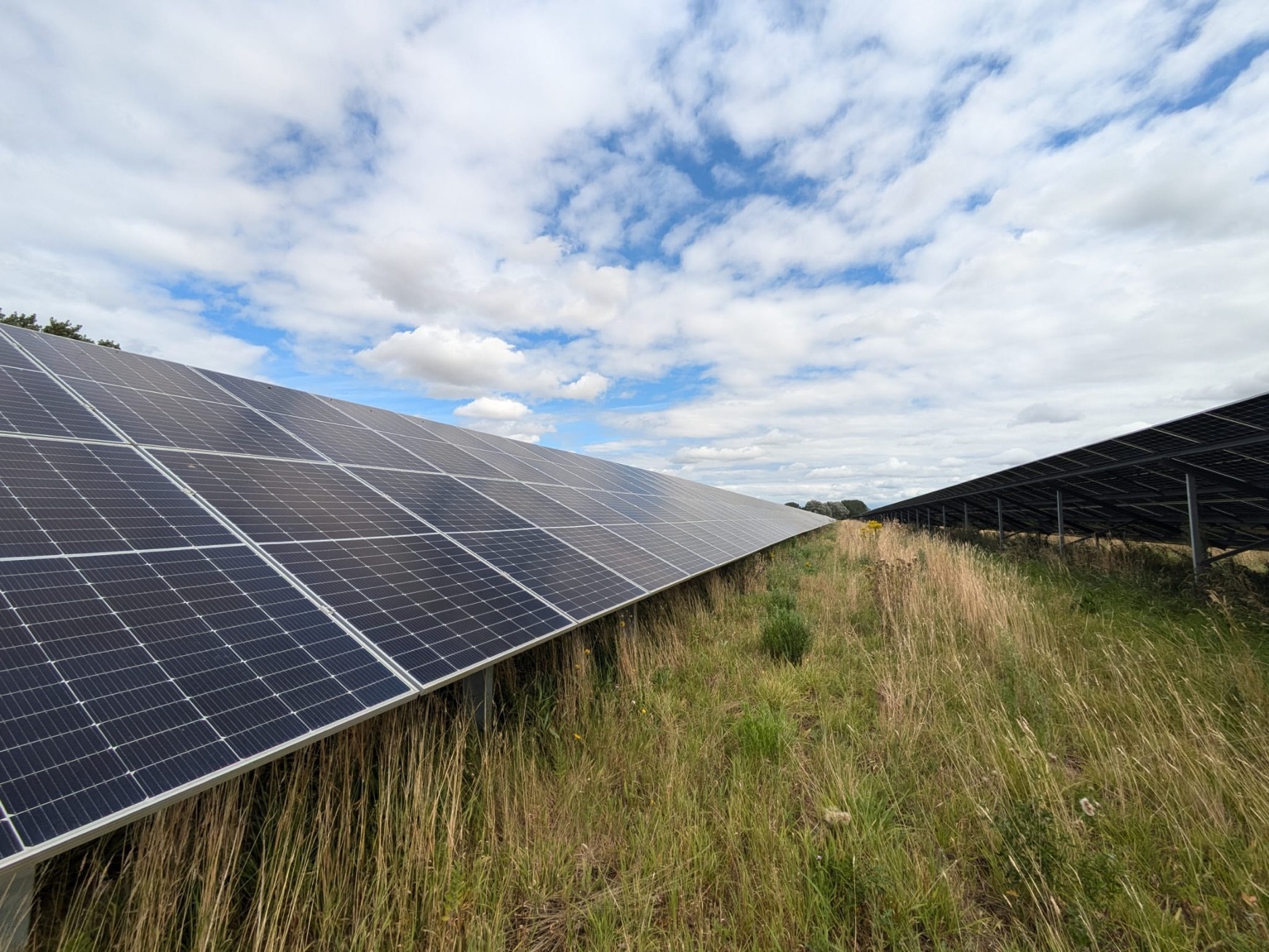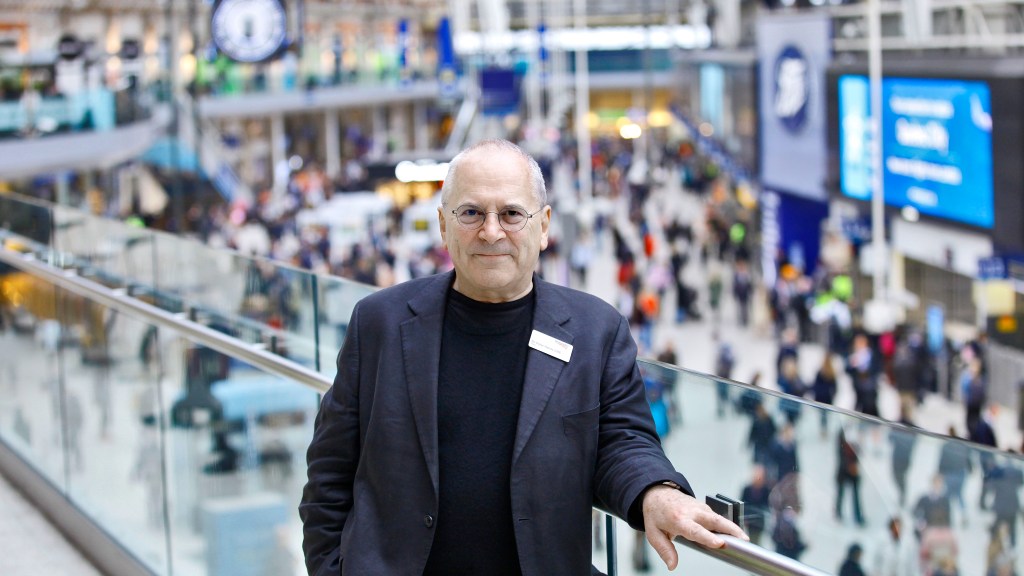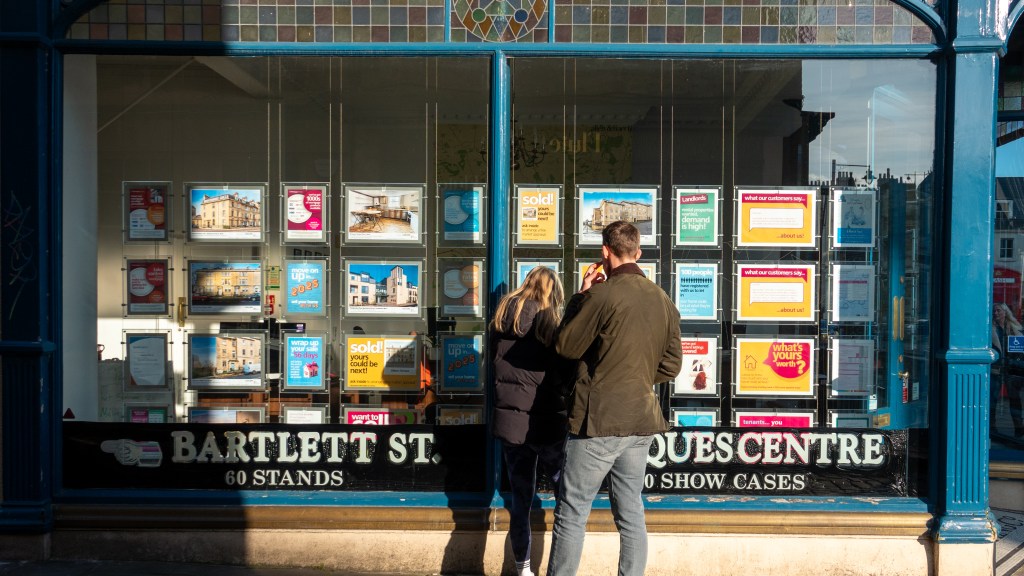Network Rail Secures Agreement for All Stations to Operate on Renewable Energy
In a historic move, Network Rail has entered into an agreement to power all of Britain’s mainline railway stations with renewable solar energy.
This initiative is seen as a significant step towards increasing the adoption of sustainable energy sources on electrified rail lines, coinciding with the gradual renationalisation that aims to establish Great British Railways (GBR).
Previously, Network Rail’s most notable endeavor in green energy was the development of the Blackfriars station a decade ago, which is situated on a bridge over the River Thames, featuring a rooftop outfitted with 4,400 solar panels that provide 50 percent of the station’s annual energy consumption.
Rather than deploying a large number of solar panels on iconic railway stations, this new agreement represents an offtake arrangement where Network Rail will purchase electricity generated from a solar farm currently being developed in Norfolk.
This corporate power-purchase agreement is a pioneering achievement in the UK railway sector, forged in partnership with EDF Renewables, which is establishing the solar facility at Bloy’s Grove, close to Swainsthorpe in Norfolk, near the Great Eastern mainline.
Under the 14-year fixed-rate agreement, energy generated will supply all 20 of Network Rail’s managed stations, which include major terminals in London, as well as significant hubs in Birmingham, Manchester, Glasgow, Edinburgh, Leeds, and Bristol.
This solar power initiative is expected to meet 15 percent of Network Rail’s energy needs that do not directly involve train operations but rather support office buildings, depots, and stations.
There is hope that this collaboration with EDF could serve as a model for future projects in the industry, particularly given that the previous privatization period which lasted 30 years hindered a cohesive energy strategy.
Future agreements focusing on renewable energy may also extend to the electrification of the 70-mile TransPennine route connecting Leeds and Manchester.
“We are collaborating with stakeholders across the rail sector to establish a modern transportation framework with a strong commitment to environmental sustainability,” commented Lord Hendy of Richmond Hill, the rail minister overseeing GBR’s development.
“The government’s Plan for Change aims to foster economic growth while transitioning the nation towards sustainable energy and creating job opportunities. Our integrated strategy is designed to keep the British rail industry at the cutting edge of innovation and enhancement,” added Hendy, a former Network Rail chairman.

Jeremy Westlake, Network Rail’s finance director, noted that corporate power-purchase agreements for renewable energy are set to become increasingly common. He stated, “This contract, the first of its kind within the railway sector, illustrates how organizations like Network Rail can leverage their purchasing power to stimulate investment in clean energy generation across the nation.”
In a similar move last year, Tesco secured an agreement to utilize energy from a solar farm operated by Shell in north Kent, enabling the supermarket chain to power many of its retail locations.




Post Comment